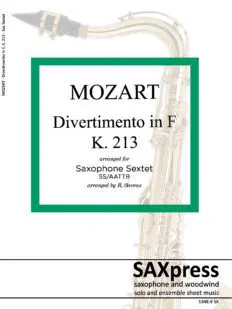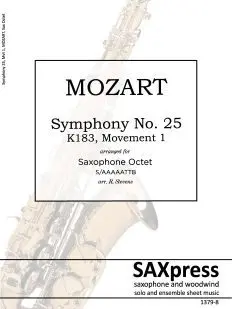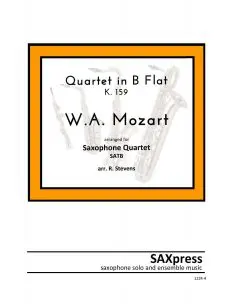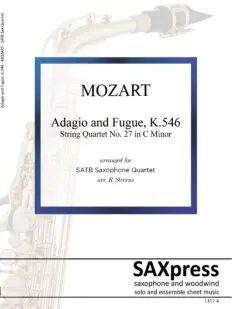Wolfgang Amadeus Mozart
Wolfgang Amadeus Mozart was a prolific and influential composer of the Classical period. Despite his short life, his rapid pace of composition and proficiency from an early age resulted in more than 800 works representing virtually every Western classical genre of his time. Many of these compositions are acknowledged as peaks of the symphonic, concerto, chamber, operatic, and choral repertoires. Mozart is widely regarded as one of the greatest composers in the history of Western music, with his music admired for its “melodic beauty, its formal elegance and its richness of harmony and texture”.
At the time of his death, Mozart was considered one of the greatest composers of all time. His music presented a bold expression, oftentimes complex and dissonant, and required high technical mastery from the musicians who performed it. His works remained secure and popular throughout the 19th century, as biographies about him were written and his music enjoyed constant performances and renditions by other musicians. His work influenced many composers that followed — most notably Beethoven. Along with his friend Joseph Haydn, Mozart conceived and perfected the grand forms of symphony, opera, string ensemble, and concerto that marked the classical period
For unambiguous identification of works by Mozart, a Köchel catalogue number is used. This is a unique number assigned, in regular chronological order, to every one of his known works. A work is referenced by the abbreviation “K.” or “KV” followed by this number. The first edition of the catalogue was completed in 1862 by Ludwig von Köchel. It has since been repeatedly updated, as research improves knowledge of the dates and authenticity of individual works.
Wolfgang Amadeus Mozart: titles for saxophone on SAXpress
Showing all 7 resultsSorted by latest
-

Divertimento in F major, K 213 Mozart Sax Sextet
Price range: $22.95 through $26.95 -

Divertimento in B Flat
Price range: $20.95 through $26.95 -

Symphony 25, K183 Allegro con brio Mozart Sax Octet
Price range: $24.95 through $30.95 -

Fantasia In F, K. 549 (1790)
Price range: $20.95 through $26.95 -

Quartet 6 in B flat Major, K.159
Price range: $12.95 through $17.95 -

Adagio and Fugue in C minor, K546
Price range: $16.95 through $21.95 -

Sonata in B Flat, K292
Price range: $10.95 through $15.95







